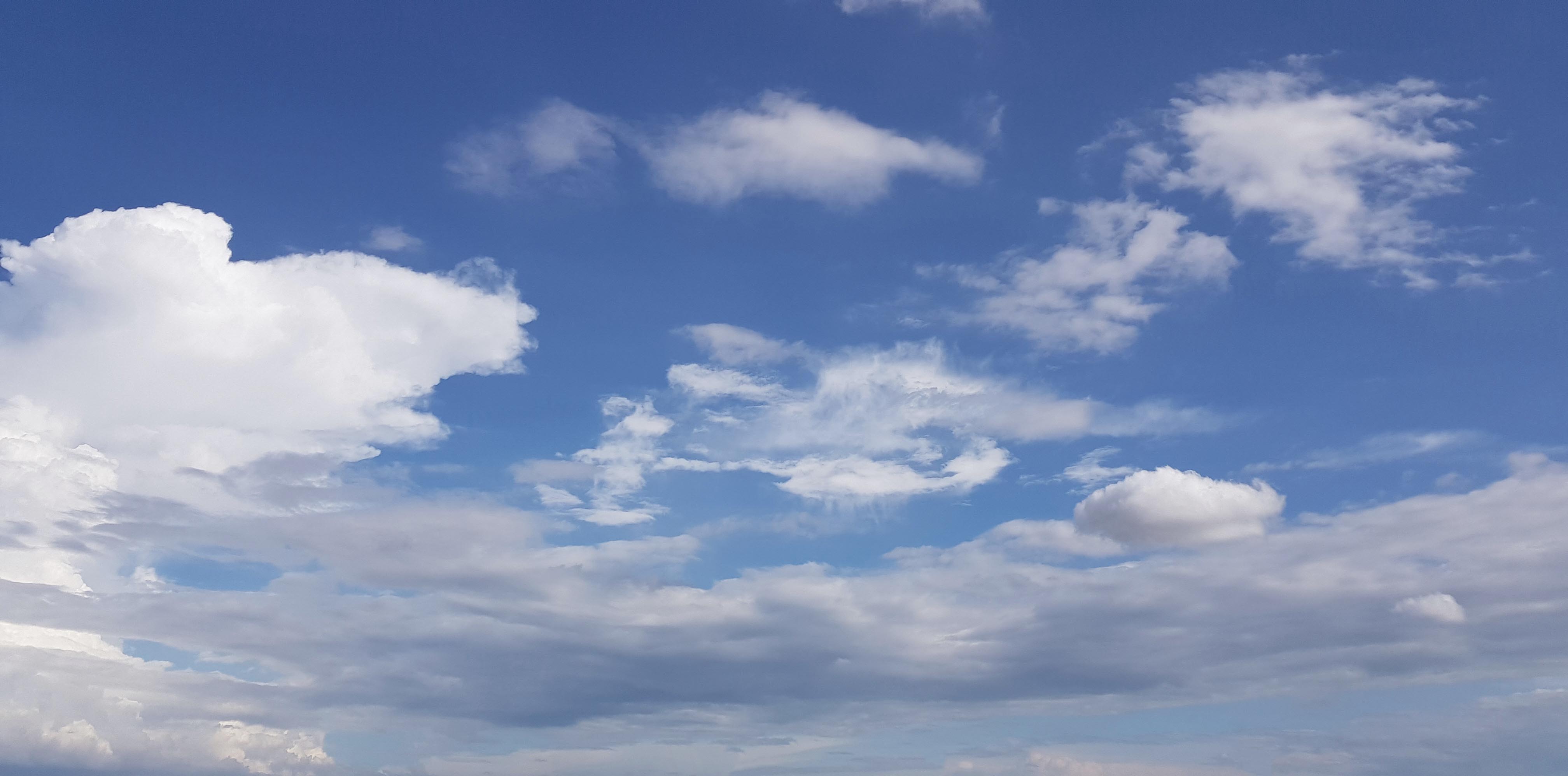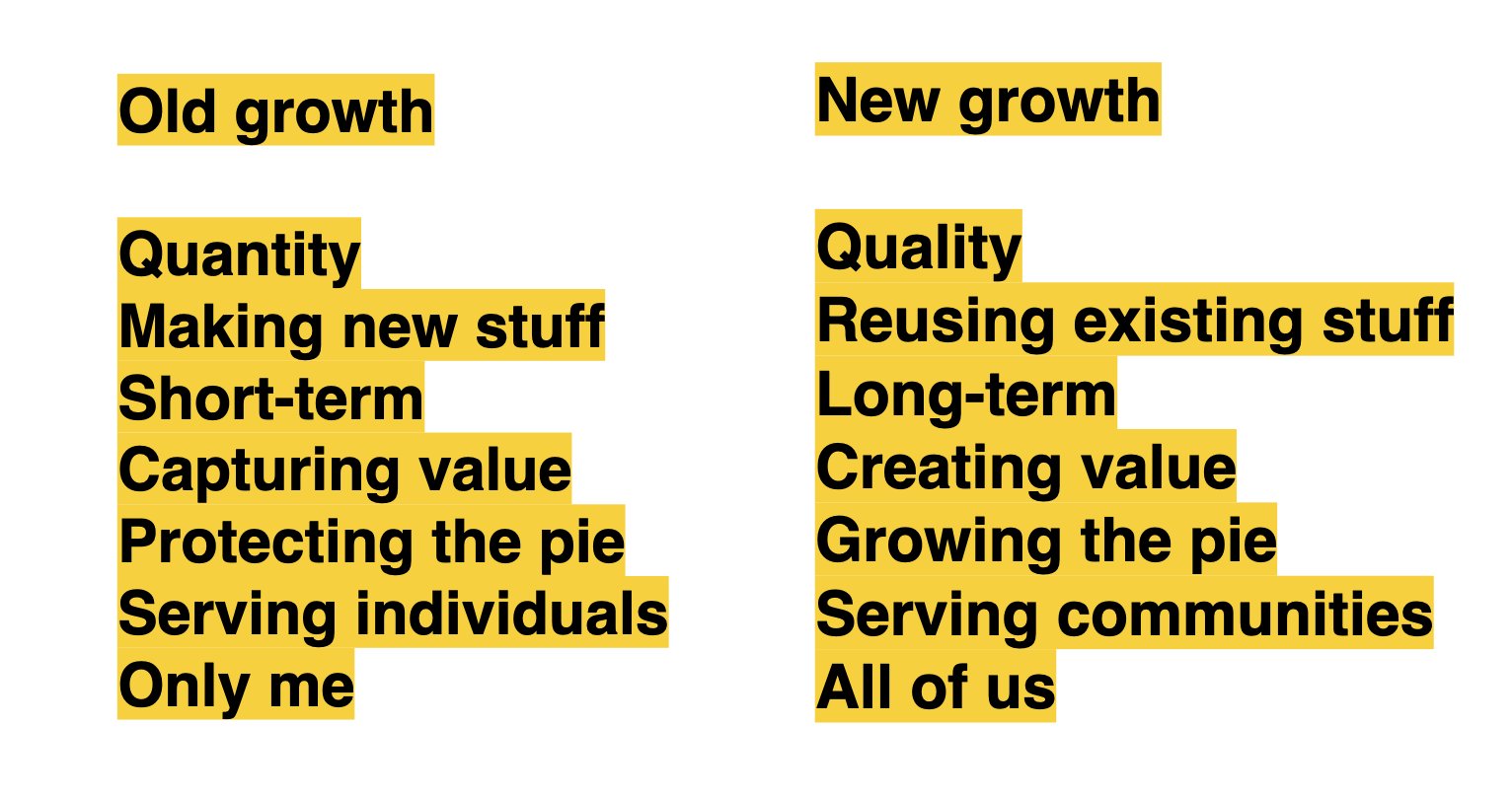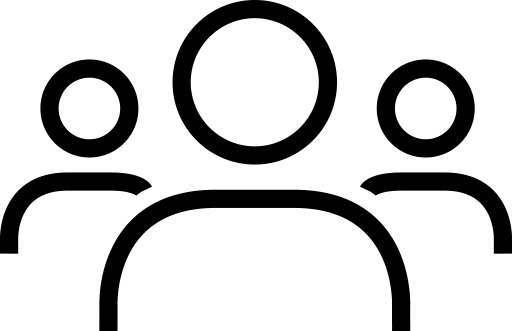Interviewee: Mariana Mazzucato
Background: Professor of Economics and Founding Director of the UCL Institute for Innovation and Public Purpose, Author of Mission Economy, The Entrepreneurial State, and The Value of Everything
Topic: How to create value
Listen: On the web, Apple, Spotify
“I think of it like a fight, like guerrilla warfare. You build up your adrenaline to do it. Even though it might be easier to do research and say, ‘Oh, and here's the policy implications of my research’ in the typical academic way, which is what I used to do, you’re on the front line repeating your message.” — Mariana Mazzucato



